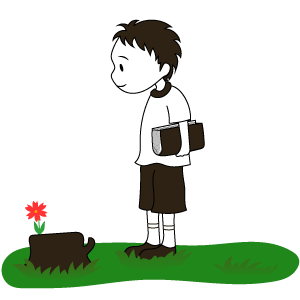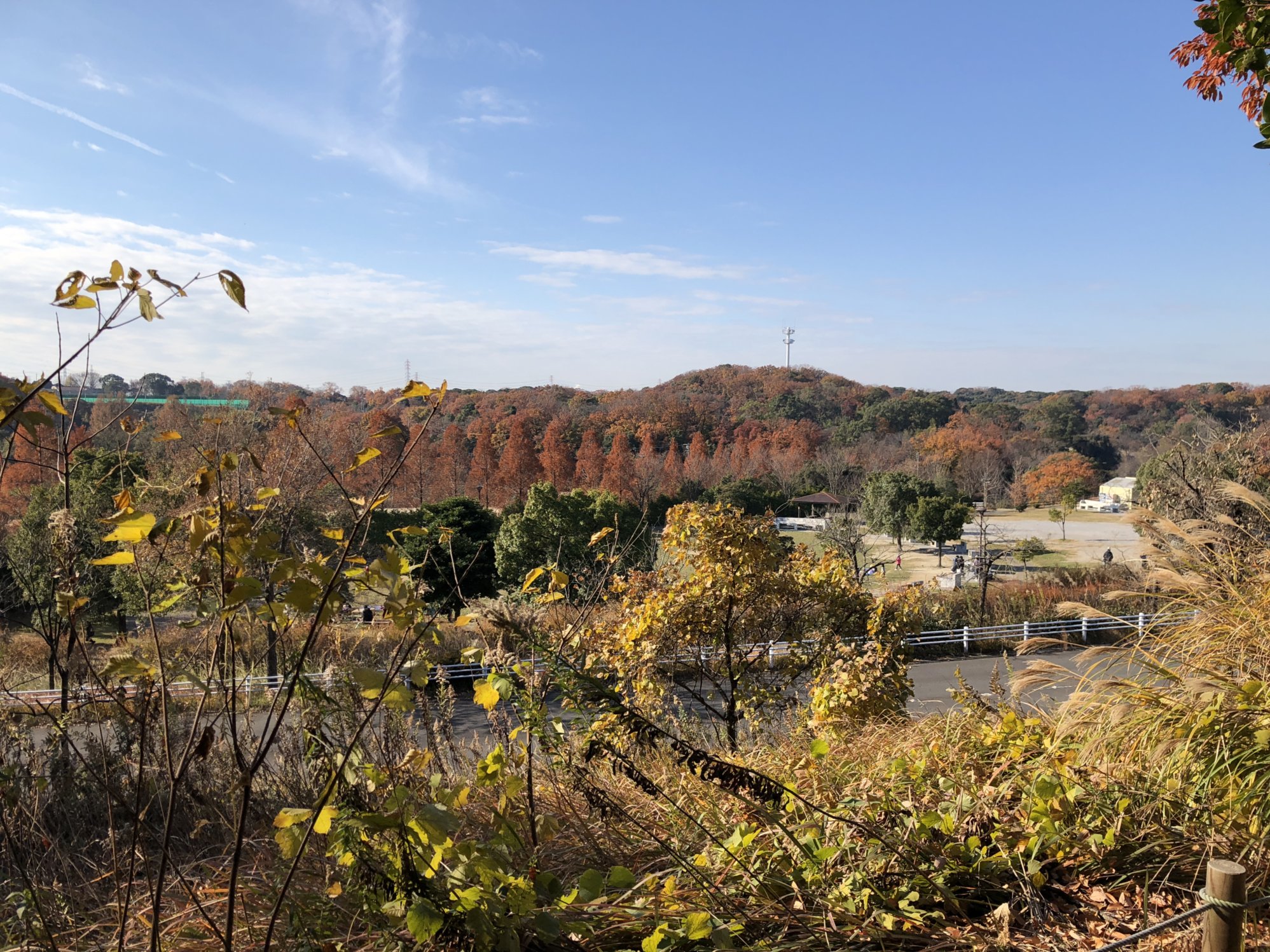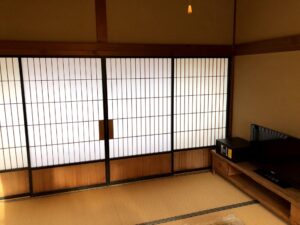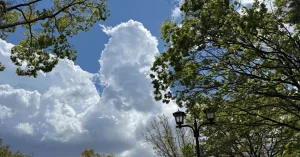There was a time when I used to be an avid reader of the novels of the late Kaoru Kurimoto. Among them, I was an avid reader of “Guin Saga”.
The epic tale, which he initially started writing to reach 100 volumes, was truly a myth. However, there was no sign of ending even after 100 volumes, and Mr. Kurimoto passed away in an unfinished state, almost going to 200 volumes.
The fact that he passed away was quite a shock in itself, but the fact that there was no synopsis or notes left until the end of the story added to the shock.
As those who have been reading the book for a long time can understand, there were many mysteries and foreshadowing, and the fact that most of them are no longer recoverable is a pity, a disappointment, and not something that can be accepted so easily.
However, it is said that before his death, Kaoru Kurimoto said that he had left behind a dying wish: “The Gwin Saga is no longer the author’s alone, but a myth, and a myth is something that should be handed down by someone.
At first, I honestly thought that was such an irresponsible thing to say, but then, perhaps in response to his wishes, some of his most ardent fans actually came forward to write a continuation. Thanks to those two people, the Guin Saga continues to this day and has not ended unfinished (I am very uncertain if it will end in my lifetime).
That is probably why the Guin Saga was so appealing and loved by so many people. When I think about it, I have come to think that this is one way to think about it.
However, this is just a special case, and the only other successful case I can think of is Minae Mizumura, who wrote the continuation of Soseki Natsume’s unfinished novel “Mei An” (which has recently started to appear in manga form as well).
It is a difficult question whether it is better to write the conclusion of the work one is working on for when one dies, or whether it should be left to those who wish to continue the work.
This is also the question of whether a published work belongs to the author until the end or to the reader. The novelist Masuji Ibushi once wrote “Sanshojyo” as a young man, but when he altered it in his later years, it became the subject of heated debate among his readers. The anime Evangelion also changed its version (reincarnation? Parallel world?) The anime Evangelion was also reworked several times, causing controversy.
In the past, when I was younger, I was of the opinion that if you know you are going to die, you should at least write a conclusion, but as I have gotten older, I have come to think that, apart from long stories, character works such as Crayon Kingdom and Moomin can at least be continued by someone else (of course, it is not necessary for the original (Of course, the author has to be as good as the original author.)
(Of course, the author must be as good as the original author.) I also think that leaving the work in someone else’s hands may be a way to escape the fading of time. This may be a strange example, but it is just like the Buddhist scriptures that have been revised and changed, and the mass of believers has been increased.
When the news broke that Eiichiro Oda, the author of One Piece, had fallen ill, there were many comments on Yahoo! When the news of Eiichiro Oda’s illness broke out, there were a lot of comments on Yahoo! I wonder which camp Oda-san is in.
I myself believe that once a work leaves the hands of the author, it belongs to the reader. However, I would like to see a long story like the Gwynne Saga, Lord of the Rings, or Harry Potter, which holds many secrets, to leave at least a hint, if not a definite conclusion, in the book.
See you later.












